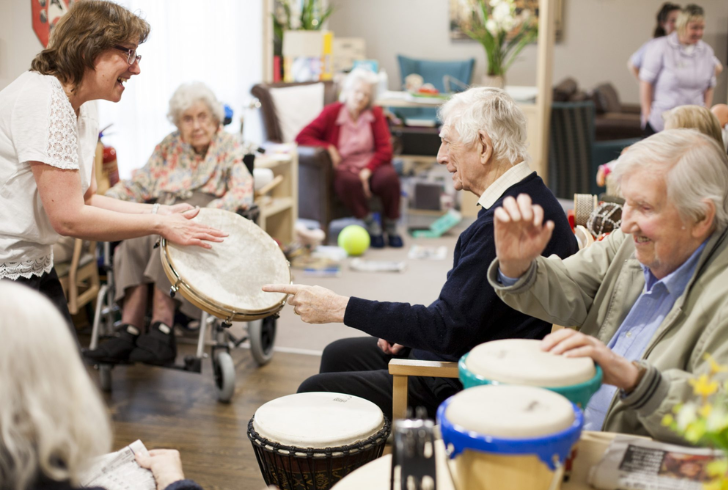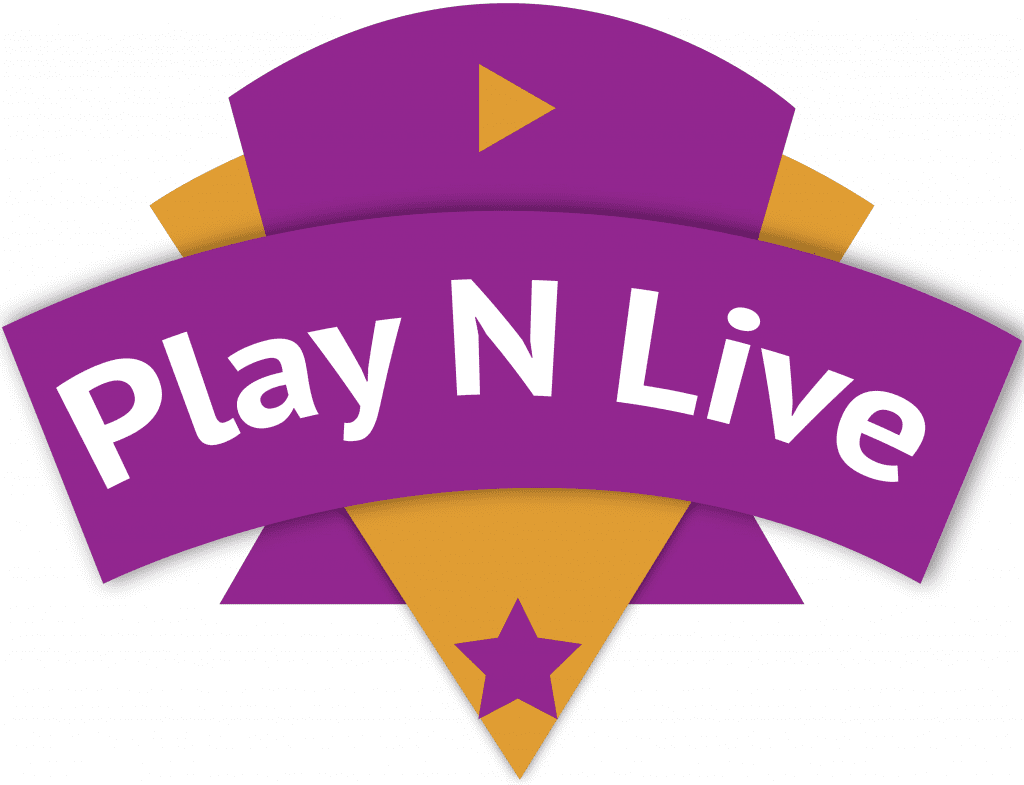Music is an integral part of human experience, transcending boundaries and touching emotions in ways that words sometimes cannot. For those living with dementia, music emerges as a powerful tool, not only enhancing quality of life but also fostering connections and evoking cherished memories. The relationship between dementia and music is gaining recognition in both therapeutic and medical contexts, highlighting how melodies can evoke emotions, reduce anxiety, and improve cognitive function.
The Science Behind Music and the Brain
Research has illuminated the profound ways in which music interacts with the brain, particularly for individuals facing cognitive challenges. When people engage with music, multiple brain regions activate, including areas responsible for emotion, memory, and motor function. This intricate network suggests that music transcends simple auditory enjoyment; it actively engages the brain in complex ways.

Freepik | Music activates multiple brain regions, including those for emotion, memory, and motor function.
Key Areas of Brain Activation
1. Limbic System - This region processes emotions and memories, making it crucial for recalling personal experiences tied to music.
2. Cognitive Areas - These parts of the brain manage perception and learning, indicating that music can enhance cognitive engagement.
3. Motor Areas - These areas are essential for voluntary movement, showing that music can inspire physical reactions, whether it be tapping a foot or dancing.
Such multi-faceted engagement can be particularly beneficial for those with dementia, as music has been found to strengthen neural connections and potentially regenerate areas of the brain affected by the disease.
The Emotional Connection to Familiar Music
The magic of music lies not just in its sound but in the personal memories it invokes. Familiar tunes resonate deeply, often linked to significant life events or emotions. Listening to beloved songs can trigger the release of feel-good hormones, bringing joy and comfort, which can be particularly beneficial in managing the emotional distress often experienced by individuals with dementia.
Music as a Therapeutic Tool
Several studies have shown that tailored music therapy can significantly enhance the emotional and mental well-being of dementia patients. The therapeutic process often involves:
1. Listening to Favorite Tracks - Engaging with songs from their past can evoke memories and spark conversations.
2. Participating in Singing or Playing Instruments - Active involvement can improve mood and cognitive function, as it encourages social interaction and physical movement.
This engagement with music has demonstrated a decrease in agitation, anxiety, and even aggression, fostering a more serene environment for both patients and caregivers. Regular exposure to music can lead to reduced reliance on medications, illustrating the effectiveness of this therapeutic approach.
A Study Highlighting the Benefits
A recent investigation at a renowned music therapy institute showcased the tangible benefits of music on individuals with dementia. Participants showed notable physical changes when listening to their favorite music, including variations in heart rate and movement patterns. This physiological response underscores the profound impact music has on emotional and physical states.
Moreover, during music sessions, individuals often exhibit enhanced emotional regulation and memory recall. The familiar rhythm and lyrics can act as anchors, grounding individuals in the present while connecting them to their past.
Positive Outcomes from Music Training Programs
Emerging evidence also suggests that music training programs may support cognitive functioning in dementia patients. Preliminary results indicate that participants who engage in music-related activities demonstrate improved executive functioning skills, including better problem-solving abilities and emotional regulation, compared to those involved solely in physical exercises.
Integrating Music into Care Practices

mindsong.org.uk | Music therapy group activities can foster community and belonging among people with dementia.
For caregivers and healthcare professionals, incorporating music into daily routines can serve as a beneficial strategy for enhancing patient care. Here are some effective ways to implement music therapy:
1. Create Personalized Playlists
Curate collections of songs that resonate with the individual, ensuring they reflect their preferences and past experiences.
2. Encourage Group Music Sessions
Group activities can foster social interaction, enhancing the sense of community and belonging among participants.
3. Use Music During Daily Activities
Incorporate music into everyday tasks, such as mealtimes or relaxation periods, to create a calming atmosphere.
A Harmonious Future
The profound connection between dementia and music underscores the importance of integrating musical therapy into care practices for those affected by cognitive decline. As research continues to reveal the powerful effects of music on the brain, it becomes increasingly clear that this art form can serve as more than just entertainment; it can be a vital part of managing dementia and improving overall quality of life.
Embracing music's healing potential not only benefits individuals with dementia but also enriches the lives of their caregivers, fostering an environment of understanding, joy, and shared experiences. As melodies fill the air, they remind us of the deep connections that music fosters, even in the face of memory loss.




